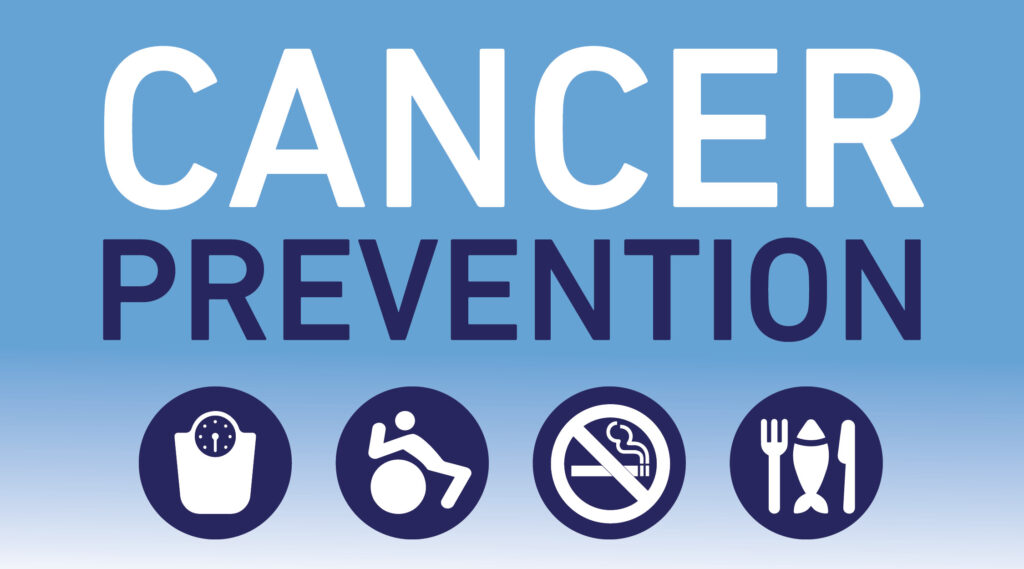Public Health Initiatives for Cancer Prevention
Using Public Health to Combat Cancer: Policy and Prevention
Worldwide, cancer continues to be a major public health concern. Long-term success is mostly dependent on prevention, even while treatment improvements provide optimism. Policies and programmes related to public health are essential for encouraging healthy habits, lowering the risk of cancer, and assisting in early detection. Let’s examine some of the most important tactics used in the fight against cancer.
Table of Contents

Encouraging Fit Lifestyles
Public Health Initiatives for Cancer Prevention
The goal of public health efforts is to promote cancer-prevention behaviours. Here are some crucial areas of attention:
- Tobacco control: Tight restrictions on tobacco sales, high cigarette taxes, and anti-smoking programmes all help to lower tobacco usage, which is a significant risk factor for a number of malignancies.
- A balanced diet full of fruits: vegetables, and whole grains is encouraged by public health initiatives, whereas processed meals and sugar-filled beverages are discouraged. A healthy diet should also include physical activity. Initiatives also stress the significance of regular exercise for maintaining general health and preventing cancer.
- Immunisation: Encouraging young people and adolescents to get vaccinated against HPV can dramatically lower their chance of developing cervical cancer and other diseases linked to HPV.
- Sun safety: Public awareness campaigns inform people about the risks posed by ultraviolet light and promote the use of sunscreen and seeking out shade as ways to protect themselves from the sun.
Early Identification and Evaluation
Public Health Initiatives for Cancer Prevention
The results of cancer treatments and survival rates are greatly enhanced by early identification. The focus of public health initiatives is:
- Cancer screening initiatives: To facilitate early diagnosis and treatment, these initiatives promote routine screenings for common malignancies such as breast, colon, cervical, and prostate cancer.
- Availability of screening services: In order to overcome obstacles to access, public health programmes provide screenings at no cost, guarantee convenient sites, and give subsidised screenings.
- Increasing societal consciousness: Campaigns for public health increase knowledge of the value of screening for particular malignancies and the accessibility of screening facilities.
Workplace and Environmental Exposures
Public Health Initiatives for Cancer Prevention
The risk of cancer can be raised by specific occupational and environmental exposures. These issues are addressed by public health initiatives through:
- Control of environmental pollutants: Limiting exposure to possible carcinogens is achieved by limits on hazardous chemicals, air and water quality standards, and industrial emissions regulations.
- Standards for workplace safety: Occupational safety laws reduce exposure to substances known to raise the risk of cancer, such as asbestos, dust, and some chemicals.
- Research on environmental risk factors: The goal of public health research is to determine and comprehend the environmental elements that have a role in the development of cancer.
Obstacles and Things to Think About
Public Health Initiatives for Cancer Prevention
To put these initiatives into action, a number of obstacles must be overcome:
- financing: Research, teaching, and the execution of preventative initiatives all require a sufficient amount of financing.
- Equity and access: Disparities in the availability of healthy dietary options, medical treatment, and screening services across various communities must be addressed by public health initiatives.
- Individual behaviour change: Constant public education and support networks are needed to promote lifestyle changes such as giving up smoking and increasing physical activity.
The Influence of Teamwork
Public Health Initiatives for Cancer Prevention
Many parties must work together for a public health approach to cancer control to be successful:
- Governmental organisations: should create and implement regulations to assist preventative initiatives, encourage safe surroundings, and control dangerous chemicals.
- Public health organisations: Create and carry out programmes to prevent disease, encourage a healthy lifestyle, and offer educational materials.
- Healthcare professionals: Inform patients on the risks of cancer, promote screenings, and aid in the early discovery of the disease.
- Nonprofit organisations: Support research, advocate for public health legislation, and give communities access to resources for cancer prevention.
Public Health Initiatives for Cancer Prevention
Through the efficient implementation of public health policies and efforts, the risk of cancer can be considerably decreased among a population. This include encouraging health-conscious actions, aiding in early diagnosis, and reducing exposure to the environment. The secret to preventing cancer and building a healthier future for everybody is a multifaceted strategy combining cooperative efforts from different stakeholders.


